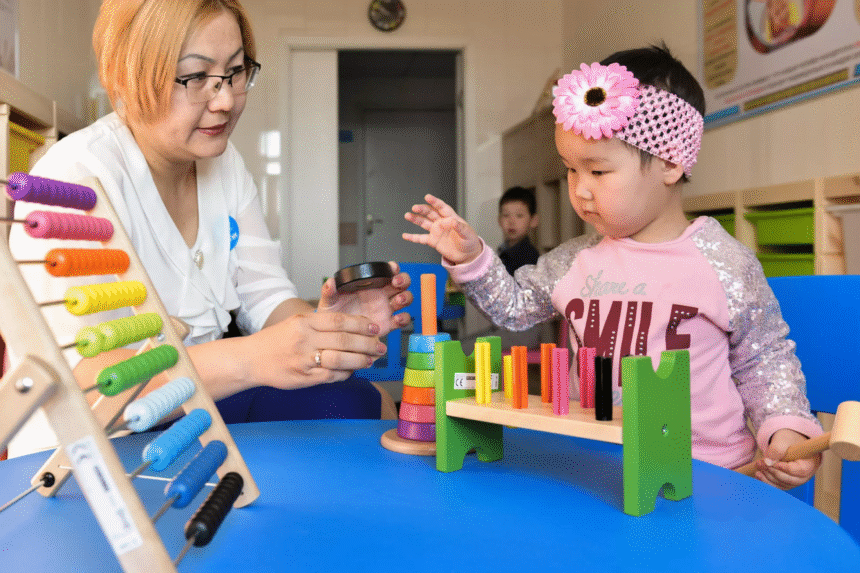Particularly when delivered by specialized teams like Early Intervention Community Teams (EICTs). These teams focus on early detection and support, enabling individuals to receive timely care that can prevent mental health crises and improve long-term outcomes. Understanding the role and significance of early Intervention Community Team sheds light on why timing truly matters in mental health treatment.
What Is an Early Intervention Community Team?
An Early Intervention Community Team is a multidisciplinary unit of healthcare professionalsincluding mental health nurses, psychiatrists, psychologists, social workers, and therapistsdedicated to providing rapid, community-based intervention to individuals experiencing early signs of mental illness or crisis. These teams work closely with patients in their homes or community settings, offering assessments, treatment, and support aimed at preventing illness escalation.
EICTs differ from general community intervention teams in their focus on early stages of mental health conditions and prevention rather than crisis management alone. The approach combines clinical care with social support to foster recovery, reduce hospital admissions, and improve quality of life.
The Importance of Timing in Mental Health Intervention
Mental health conditions often develop gradually, with subtle symptoms preceding acute episodes or crises. Early intervention capitalizes on this window of opportunity to:
-
Alleviate symptoms before they worsen.
-
Reduce the duration and severity of episodes.
-
Prevent hospital admissions and long-term disability.
-
Support social and occupational functioning.
-
Address stigma by normalizing early treatment.
Delay in intervention often leads to lost treatment opportunities, greater healthcare costs, and worse outcomes. EICTs prioritize acting quickly upon referrals, sometimes initiated through tools like the community intervention team referral form, to ensure patients receive prompt and tailored support.
How Early Intervention Community Teams Function
Early intervention community teams usually accept referrals for individuals showing signs of first-episode psychosis, mood disorders, or other emerging mental health conditions. The process includes:
-
Conducting thorough, holistic assessments covering clinical, psychological, and social aspects of health.
-
Developing personalized care plans encompassing medication, therapy, and social support.
-
Delivering care in patient-preferred settings such as homes or community centers.
-
Facilitating family education and involvement.
-
Connecting patients to longer-term community or specialist services.
By working proactively in the community where patients live, EICTs reduce barriers to care and improve engagement.
Collaboration with Community Intervention Teams
While early intervention community teams specialize in initial stages of illness, many patients will interact with general community intervention teams for ongoing support or crisis management. An integrated healthcare system ensures smooth transitions between these teams, avoiding gaps in care.
For example, the community intervention team Cork not only provides urgent community care but works closely with early intervention services to optimize patient pathways and outcomes in the region.
Career Opportunities in Early and Community Intervention Teams
Community intervention team jobs and early intervention roles attract professionals motivated to make a difference in mental health. These roles demand skills in mental health assessment, crisis intervention, care coordination, and multidisciplinary teamwork.
Career paths include:
-
Mental Health Nurse
-
Psychologist
-
Social Worker
-
Occupational Therapist
-
Psychiatric Pharmacist
Entry often requires relevant degrees, clinical experience, and certifications in mental health care. These jobs offer rewarding work environments focused on patient-centered community care.
How Referral Forms Facilitate Early Intervention
Efficient referral systems are vital for early intervention success. The community intervention team referral form or similar documents enable rapid identification and engagement of patients needing care.
Well-documented referral forms provide clear clinical details, urgency, and social context, allowing teams to prioritize and tailor interventions. Professionals involved in mental health care must be adept at completing these forms to maximize access to early intervention services.
Case Studies and Outcomes
Research consistently demonstrates that early intervention community teams improve outcomes such as symptom reduction, quality of life, and reduced hospitalization rates. These benefits underscore the importance of integrating early intervention services into broader community mental health strategies.
Read More: Top Benefits of Joining a Community Intervention Team for Healthcare Professionals
Trusted Resources for Early Mental Health Intervention
For further insights on early intervention strategies in mental health, visit the National Institute of Mental Health (NIMH) at https://www.nimh.nih.gov, a high-authority source offering comprehensive research, guidelines, and support resources.









